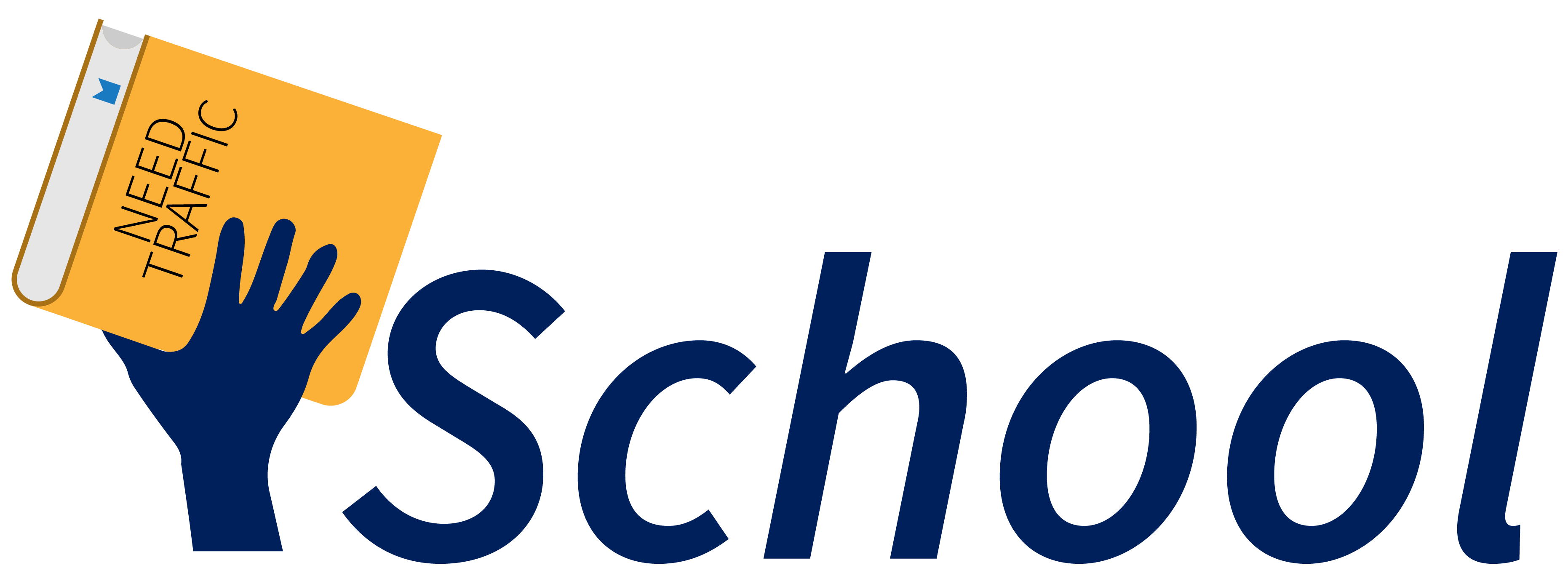Interpreting Diagnostic and Laboratory Results

The world of medicine is constantly evolving and advancing with new technology, techniques, and methods being developed every year. One of the most significant developments in recent times has been the role of medical scribes. Medical scribes act as assistants to physicians by documenting their patient interactions in real-time, allowing them to focus solely on patient care. If you’re interested in a career as a medical scribe, this article will provide you with a comprehensive guide to is medical scribe clinical experience.
1. What is a medical scribe course?
A medical scribe course is a program that teaches individuals the skills required to become a medical scribe. These courses will typically cover topics such as medical terminology, anatomy, and physiology, as well as electronic health records (EHR) systems. Some basic medical scribe courses are designed exclusively for those who have little to no prior knowledge of the medical field.
2. How to choose a course
When selecting a basic medical scribe course, it’s essential to look for a program that is accredited and recognized by industry professionals. Researching the reviews and ratings of the program can help you determine the quality of education and job prospects after graduation. You should also choose a course that is compatible with your schedule and budget.
3. The benefits of a basic medical scribe course online
Online courses offer several benefits, including flexibility and convenience. With an online medical scribe course, you won’t have to worry about traveling to a physical classroom, and you can complete the coursework on your schedule. Online programs also allow you to learn at your own pace and often come with support from instructors and peers.
4. What to expect from a basic medical scribe course
Basic medical scribe courses will typically cover the knowledge and skills needed to perform essential medical scribe duties such as taking patient histories, documenting patient encounters, and maintaining EHRs. The course will also cover HIPAA regulations, basic medical practice ethics, and professionalism.
5. Career opportunities after completing a basic medical scribe course
After completing a basic medical scribe course, individuals can pursue career opportunities in hospitals, clinics, and physicians’ offices. The demand for medical scribes continues to grow, and According to the Bureau of Labor Statistics, employment of medical scribes is projected to increase by 8% from 2019 to 2029.
If you’re looking to start a new career in the healthcare industry, becoming a medical scribe can be a great option. Completing a basic medical scribe course online can equip you with the necessary knowledge and skills to excel in this field. By following the guidelines outlined in this article, you can find a reputable program and pursue a fulfilling career as a medical scribe. Start your journey today!
Medical scribes are the bridge between physicians and electronic medical records (EMRs). As a medical scribe, you will be responsible for accurately documenting patient care encounters in real-time. This can include taking notes during a patient visit, entering orders into an EMR system, and updating charts with relevant information. With your knowledge of medical terminology and the ability to stay organized, you can provide your physicians with up-to-date patient records quickly and accurately.







